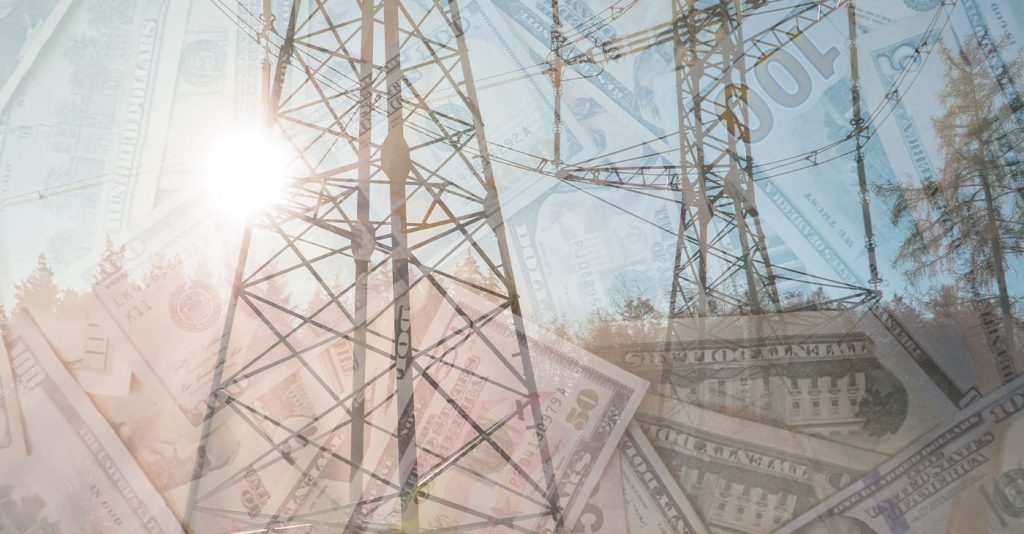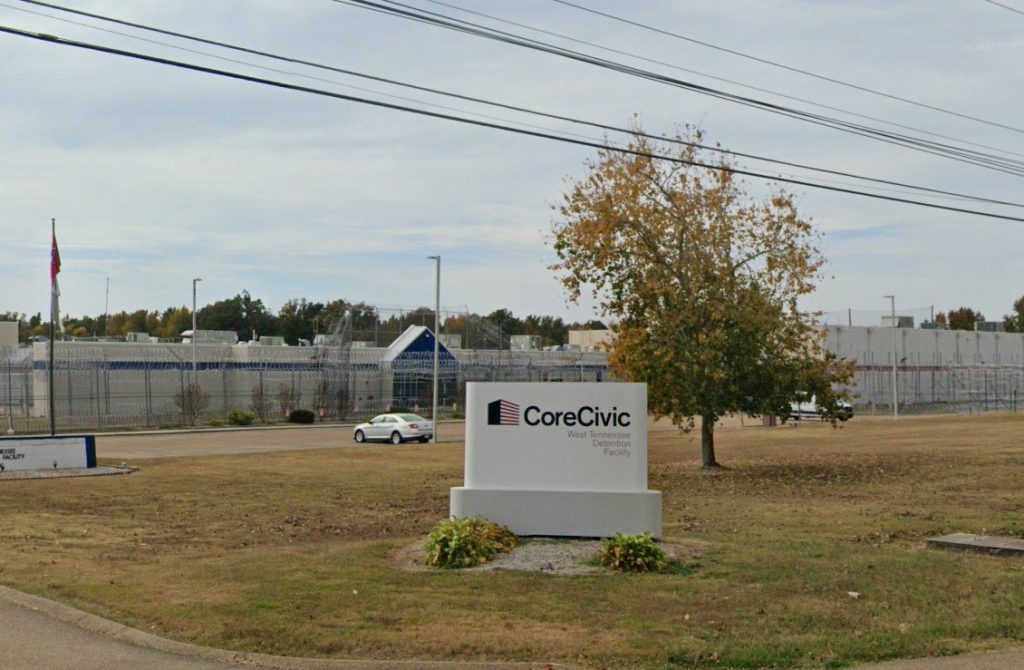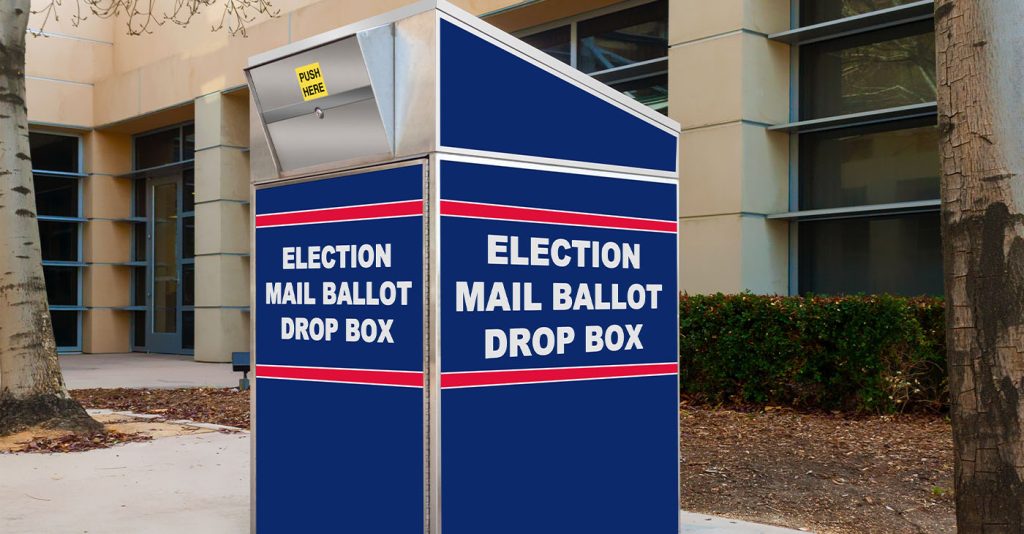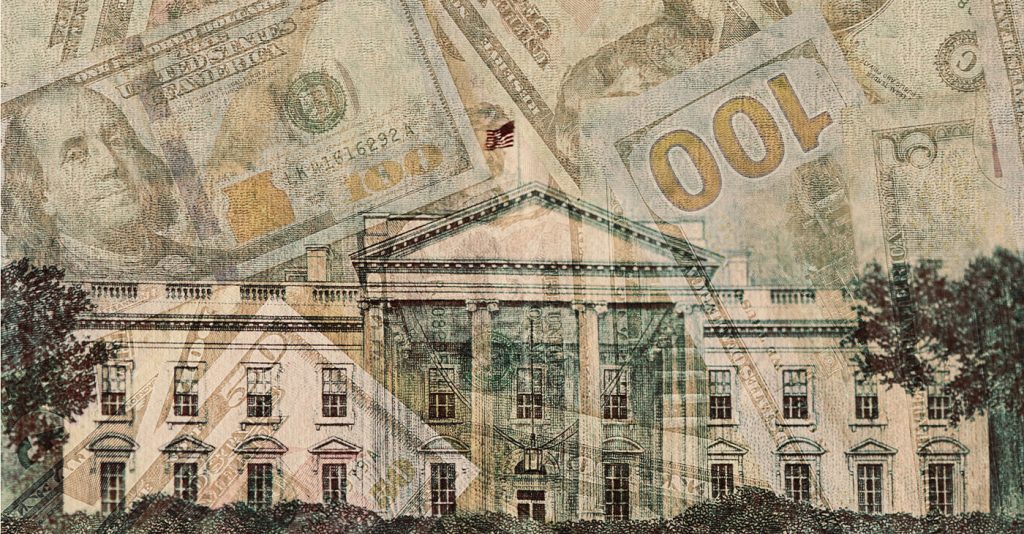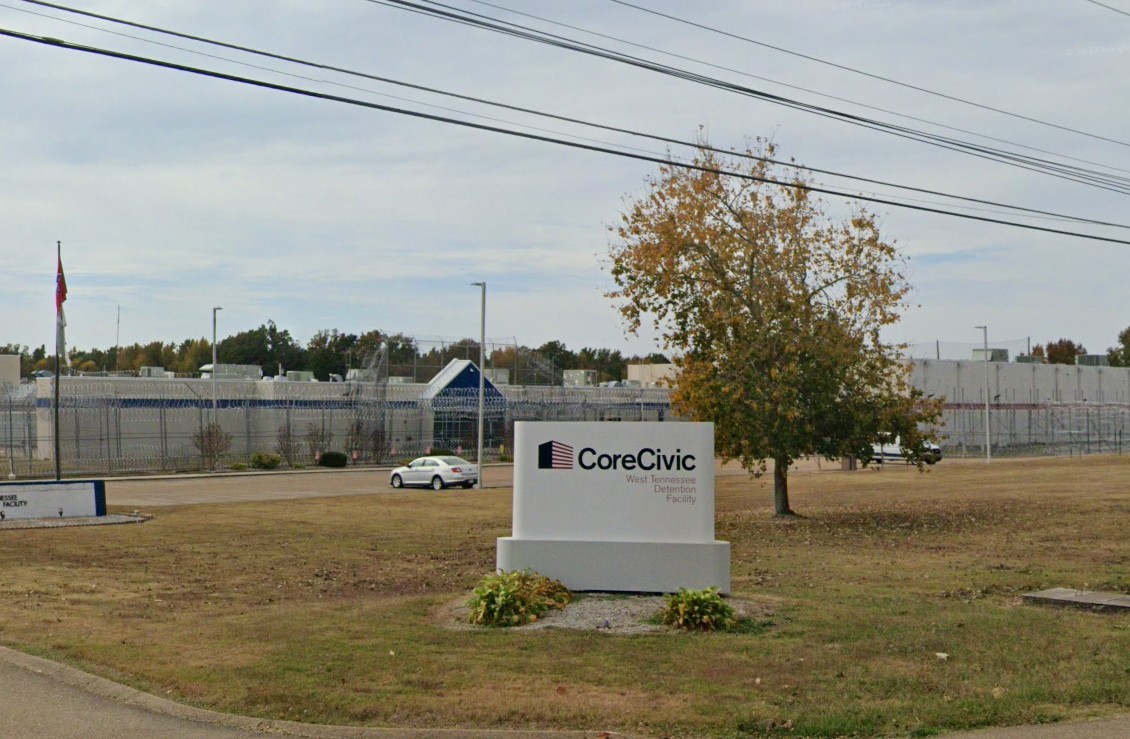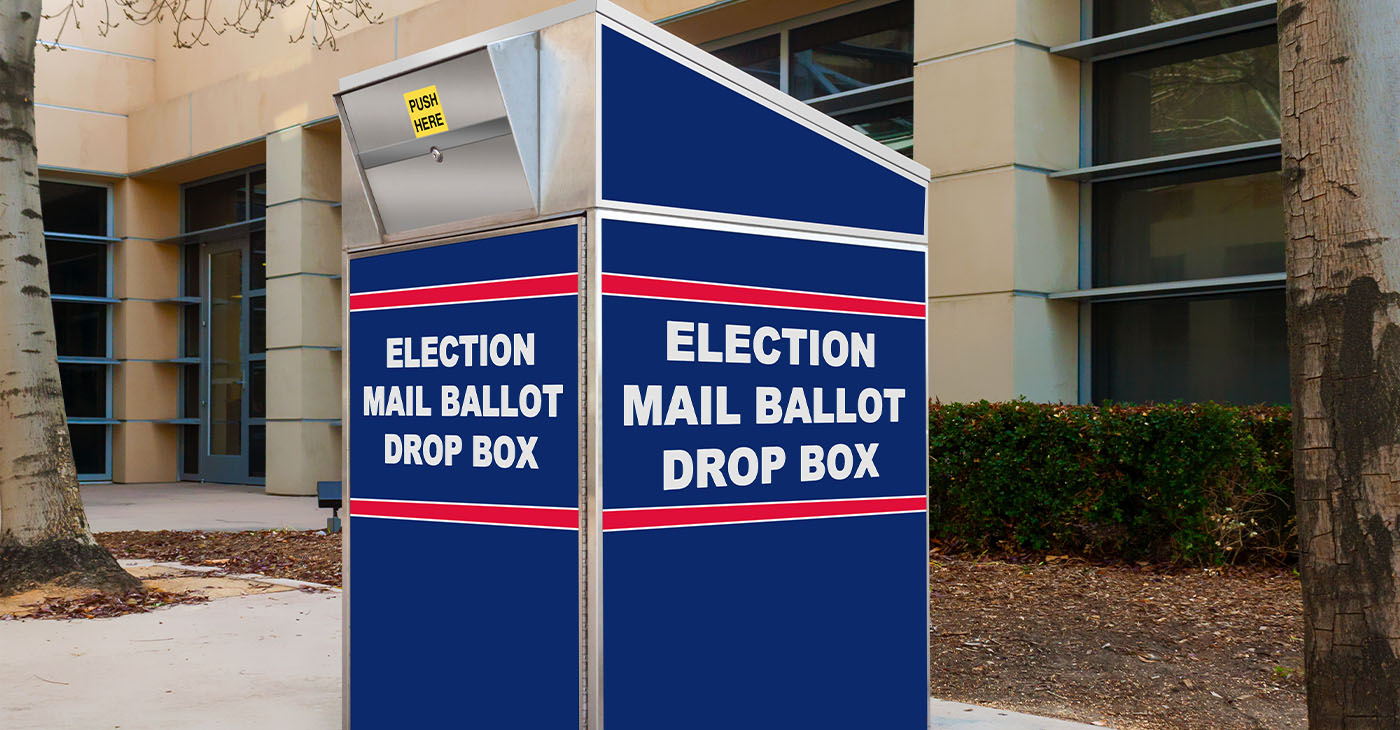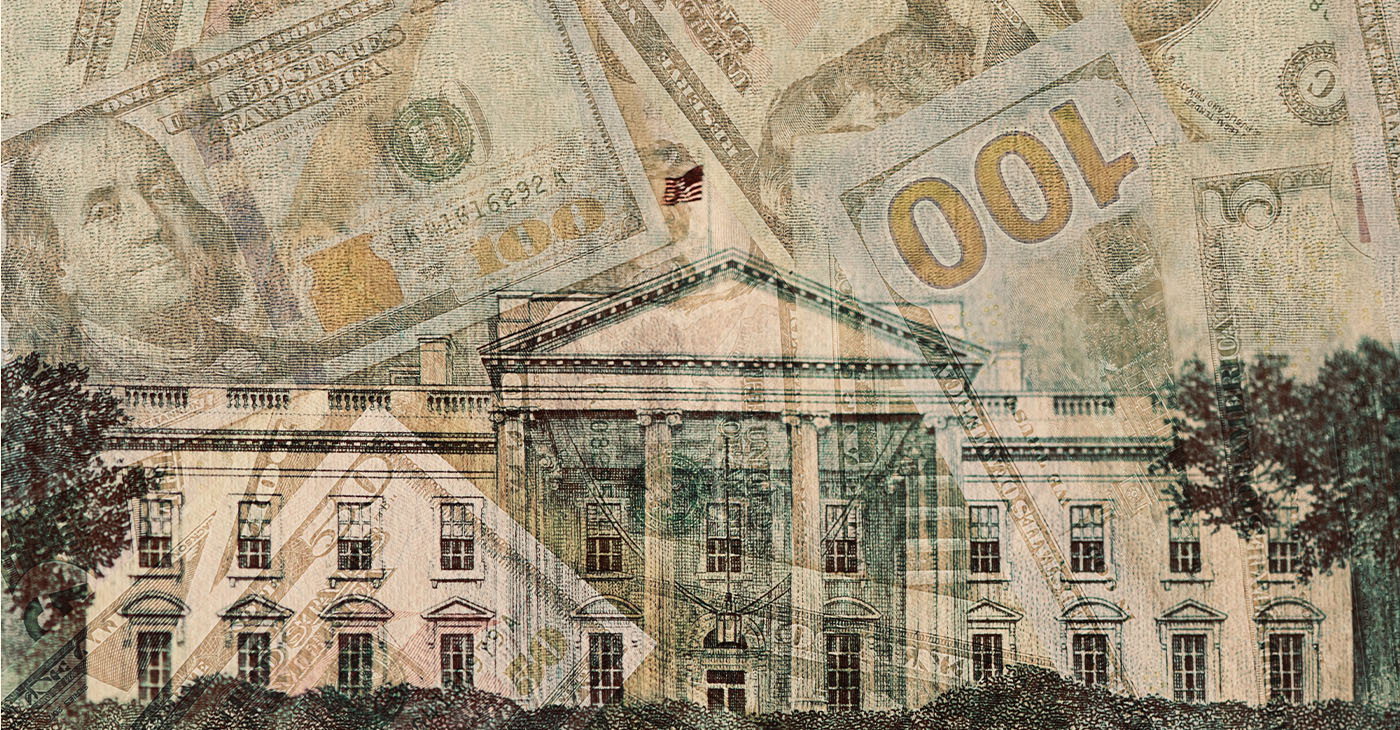
by Marc H. Morial,
<TriceEdneyWire.com> — “It’s just a given that a civilized society would want to take care of people who are struggling to put food on their table. To see that all unwound for the sole purpose of ensuring there was more money to give tax breaks to millionaires and billionaires is beyond unconscionable. It’s cruel” — New York Gov. Kathy Hochul.
The Supplemental Nutrition Assistance Program, formerly known as Food Stamps, has been determined to be “our nation’s most effective antipoverty program for the non-elderly.”
Prior to the COVID-19 pandemic, SNAP kept nearly 6.6 million people, including three million children, above the poverty line. A 2021 adjustment to benefits kept another 2.9 million people out of poverty.
Not only does every dollar invested in SNAP generate an estimated $1.80 in immediate economic activity, the long-term effect on young children who have access to SNAP is so dramatic that each dollar invested yields an astonishing $62 in value.
But none of that is as important to the Trump administration and its allies in Congress as tax cuts for billionaires.
The ‘Big Ugly Bill’ passed by Congress and signed by the president last month will strip more than 22 million American families of some or all of their nutrition assistance. More than three million will be dropped from the program entirely in the first year.
This heartless and short-sighted transfer of resources from the most vulnerable to the very wealthiest will reverberate throughout the economy, bringing job loss and the failure of small businesses across the nation. Shifting costs from the federal government to the states could trigger tax increases or a complete termination of nutrition assistance in a state.
The effect on families of color, who are twice as likely to rely on SNAP as White families, is especially intense. More than two-thirds of the individuals that SNAP helped lift out of poverty in 2023 were people of color and nearly two in five were children.
The largest cut to SNAP in American history comes at a time when the Trump administration’s misguided economic policies are creating an even greater need for nutrition assistance. Economic growth has slowed, prices are soaring, and unemployment (particularly Black unemployment) has surged.
In times like these, initiatives like SNAP are a bulwark against recession, helping families maintain purchasing power and keeping local businesses alive. Without them, our economy is weaker and less resilient.
The assault on SNAP in the reconciliation package comes from four directions:
- reducing the federal contribution to states’ SNAP programs, cutting federal funding for food benefits up to 25%, and administrative costs by half;
- expanding SNAP’s ‘harsh, ineffective, and red tape-laden’ work requirement;
- ending food assistance for 120,000 to 250,000 people with a lawful immigration status, including about 50,000 children;
- cutting food benefits for people with low incomes by permanently freezing the cost of the Thrifty Food Plan, increasing the paperwork burden, and restricting deductions.
The Trump administration has tried to prop up support for its unpopular agenda with false claims about Americans who receive SNAP benefits. The majority of able-bodied, non-elderly SNAP recipients already are working: 89% of households with children and a non-disabled adult included at least one member who worked in the 12 months before or after receiving benefits. Undocumented immigrants, the administration’s go-to scapegoats, have never been eligible to receive SNAP.
Allowing American children to go hungry so billionaires can get enormous tax breaks is immoral. It’s also bad fiscal policy. SNAP supports local businesses, stabilizes communities, and invests in the prosperity of the next generation. Preserving and strengthening SNAP is not only a humanitarian imperative, but an economic one.

